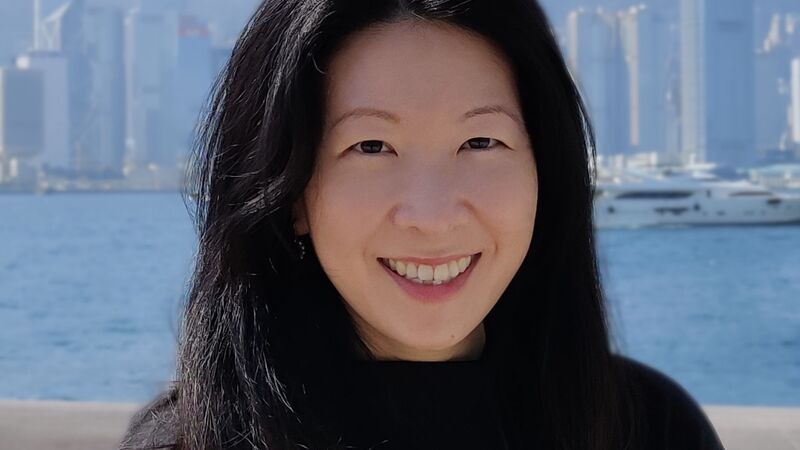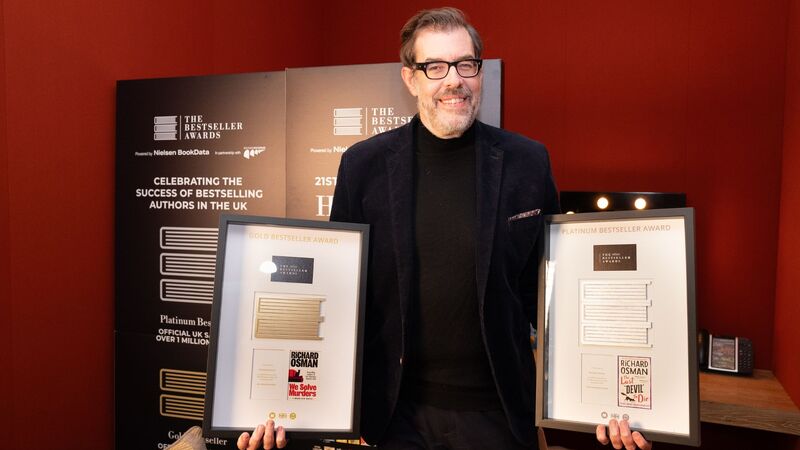You are viewing your 1 free article this month. Login to read more articles.
Publishing figures express frustration at gender pay gap results
Figures in the publishing industry have expressed frustration at the latest round of gender pay gap reports, which showed little progress had been made since 2017.
With all the reports published by 5th April, around half of firms where the pay gap already favoured men saw the margin widen even further. Although some made in-roads into the divide, these were often only marginal.
Penguin Random House saw its median pay gap slip to 3%, a 4.6% swing towards men, although it blamed the closure of its Rugby distribution site for the change. Its mean gap saw a slight improvement to 9.3%. Hachette had the largest fall in its median gap, down 4.6 percentage points to 20.1% for the side of the business not including distribution, although its mean gap increased slightly. HarperCollins' data remained much the same as in 2017.
Despite the mixed results, all companies said they had put strategies in place to try and cut pay gaps where they existed. But one publisher told The Bookseller there was unlikely to be any movement on the numbers without more radical changes in their own firm - something which isn't currently on the cards.
She said: “I find the figures quite shocking. The actions the company has taken are all 'soft' and seem unlikely to change anything.
“Real progress to close the gender pay gap is unlikely, unless the company addresses its total lack of transparency about salaries and works to introduce an equitable pay structure, with mapping of roles across functions and divisions, clear criteria for promotion and published minimum salaries.”
Another senior employee at a large publishing house said concerns they had raised after the first gender pay gap report was published were simply brushed off by their line manager. She said men were listened to over women and male members of staff had been chosen for promotion instead of more experienced female colleagues.
She said: “I see a huge amount of sexism on an almost daily basis, much of which feeds into the conditions which make it possible for the pay gap to happen.
“I have also seen first-hand how much easier it is for men to secure payrises.”
One agent said: “It’s frustrating and boring to be having this conversation still. The gender pay gap seems to stem from a more general closed-community, old boys attitude of publishing. It’s an industry that historically has promoted men over a bottle of wine at lunch, and those tendencies – promoting figures you recognise or like over those who are qualified – seem to linger.
“The whole industry is so opaque. No one knows what they’re meant to do to be promoted or get a pay-rise – there’s no clear employment structure, no minimum pay for roles. It’s ironic that in an industry where we talk about standards for authors’ royalties, payment policies towards our own are low, unregulated and unequal. This in turn creates anxiety, low morale and low self-worth among staff – which is really the industry just shooting itself in the foot. Women are smart and used to working very hard – pay them properly and they will do wonders.”
Suzanne Collier, founder of bookcareers.com, said it was a major concern that an industry with such a large female workforce was still struggling to make headway, despite the vast majority falling under national average median pay gap of 17.9%
She said: “There are companies cheering because they still fall under the national average salary gap. But in an industry predominantly employing women, if anything you’d expect the salary gap to be much wider in favour of women."
She added: “In my experience when women are replacing men at senior level, very often they are paid less than the man they are replacing. They are just not being paid what they’re worth.”
Last year Collier coordinated a survey of publishing salary data, showing men were still consistently paid more than women. In the months since, she said there had been little practical change.
She said: “I’ve seen from my day to day work the only thing that’s improved has been companies’ awareness of the salary gap. At all levels people should be paid on the skills and competencies that they have. It’s not about equality of pay but, in an industry that’s just full of women it seems very, very weird to be in this position.”
Collier also supported Hachette’s challenge to the industry, which saw it call for other publishers to report separately on their distribution arms – dominated by lower paid male workers – to give a clearer picture.
Suzy Astbury, m.d. at Inspired Selection, told The Bookseller: “To improve the gender pay gap companies now need to put strategies in place. I was recently at a cross sector round table event with attendees from the construction, finance and educational industry, whose gender pay gap reporting is notably worse than other industries, their HR heads were nervous on reporting this year’s results knowing that little effort or strategy had been put in place to actually change the results and therefore assume similar or worse results will be shown again.
She stressed the policies and inclusivity processes introduced by some companies may not yet be reflected in the results but predicted changes “will come”.
Astbury added: “Businesses must understand and challenge any bias which is evident across their workforce. They must put more inclusive policies in place and work to remove any stigmas. I would whole heartedly encourage more transparency over salary brackets, policy on promotion and around pay reviews and bonuses.”
In a statement last week, the Publishers Association said work was being done to address the situation but it would "take time to bear fruit".













